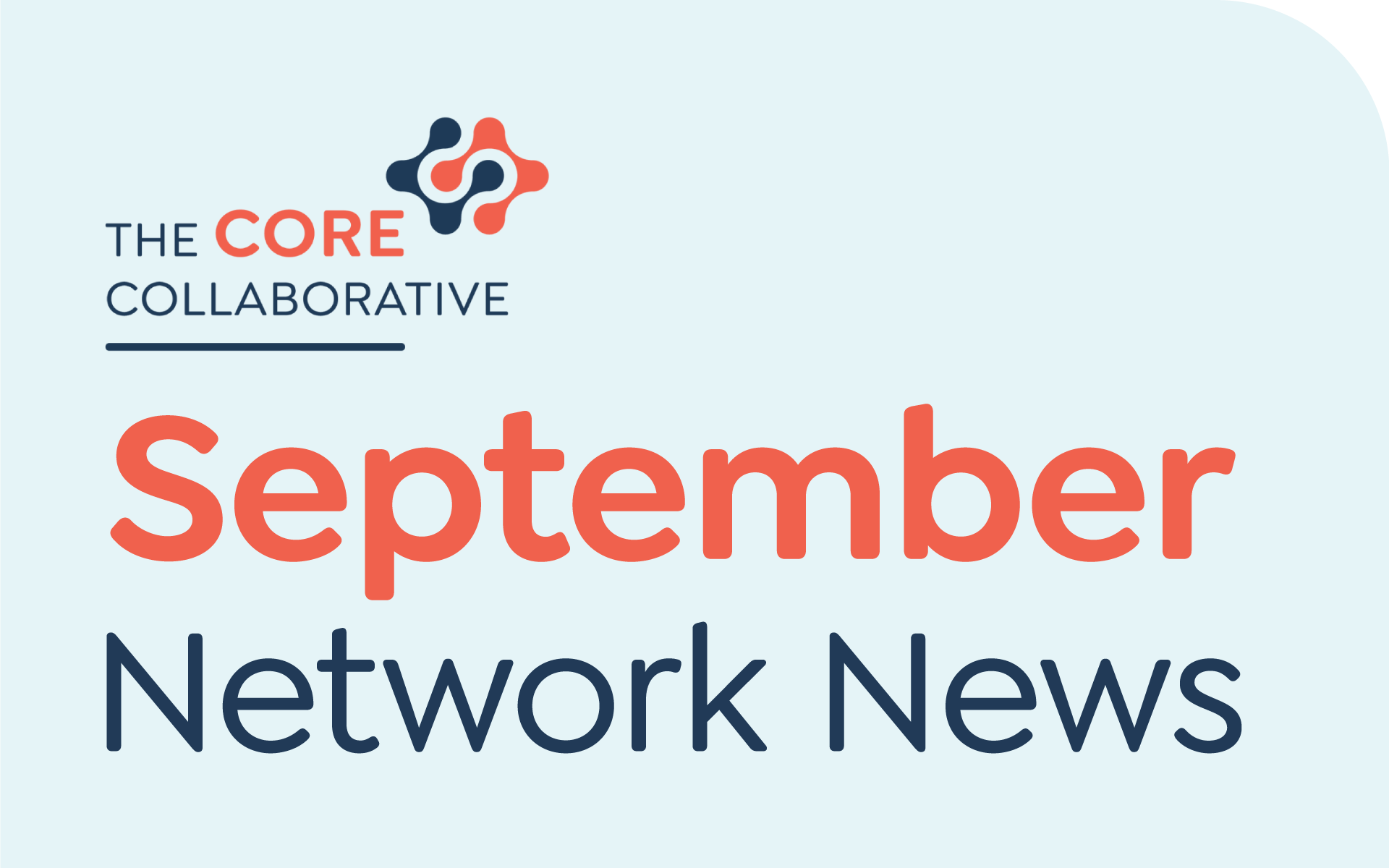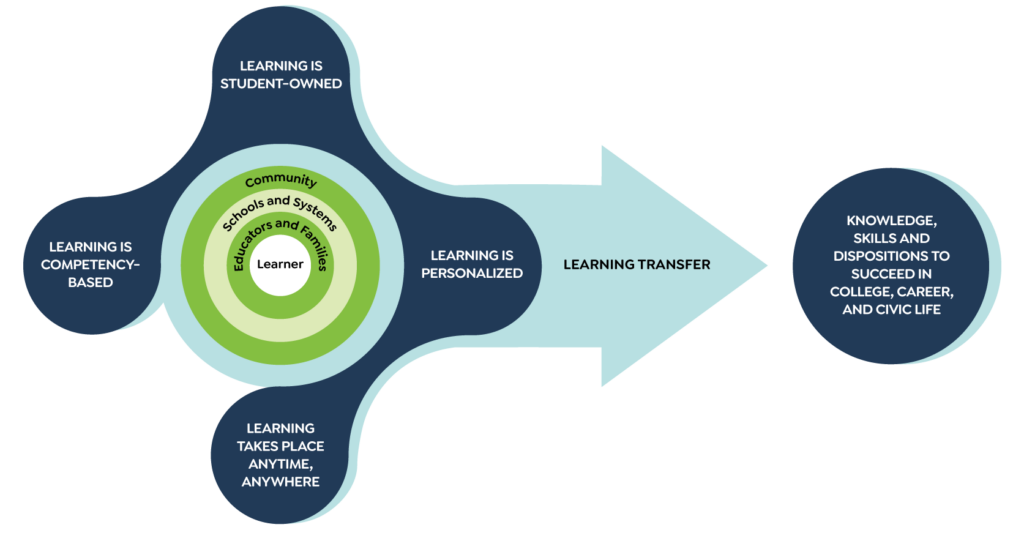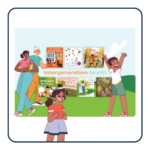Welcome to TCC’s newsletter where we share professional learning insights, highlight our community, and keep you in the loop about upcoming events.

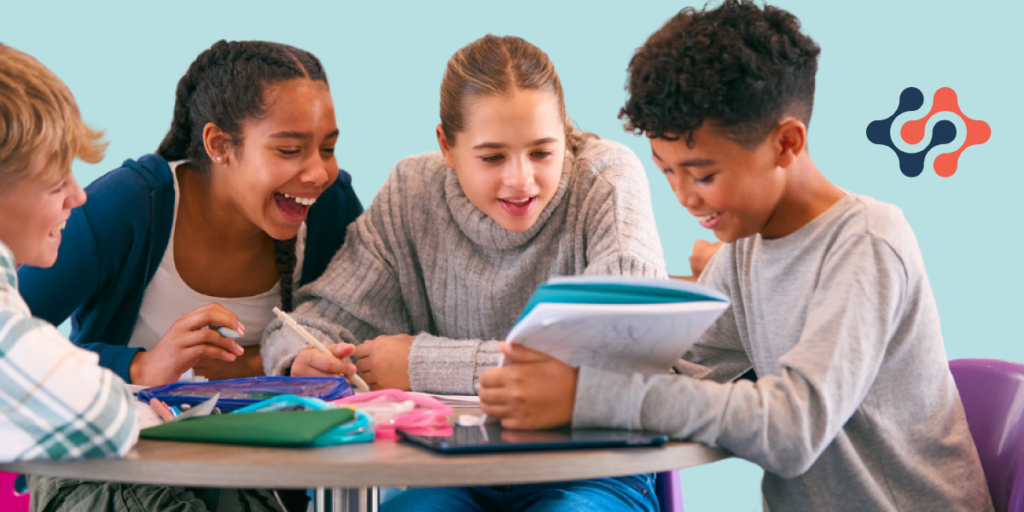
Empowering Learner Voices
At the center of The Core Collaborative’s mission lies a value that transcends all others:
“We believe all learners have voices that should be heard; if we listen, they will lead the way.”
This belief is not just an aspirational statement; it’s a profound recognition of the inherent potential and wisdom within every student. It’s about understanding that each learner brings a unique perspective shaped by their experiences, culture, identity, and aspirations. When we make the conscious choice to listen—truly listen—we open doors to deeper understanding, innovation, and progress. By valuing student voices, we are empowering them and transforming the very nature of education from a one-way transmission of knowledge to a dynamic, collaborative process where students take an active role in shaping their learning and futures.
Read more about three schools that actualize this core value in “Empowering Learner Voices”: Kamehameha Schools Maui, Sanford B. Dole Middle School, and Nānākuli Intermediate and High School.

Dr. Michael McDowell and Kelly Miller give us something to think about. In The Project Habit: Making Rigorous PBL Doable where they state, “Competency is currency (2022).” Students possess sufficient foundational knowledge and skills and can apply these abilities to many situations, “they will reap the benefits of being competent learners throughout adulthood (2022).”
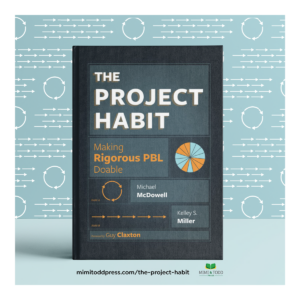 As educators, we need to release control so students can evolve into self-empowered learners. But, this evolution only occurs when students have developed the competencies required to engage in the work independently of the teacher.
As educators, we need to release control so students can evolve into self-empowered learners. But, this evolution only occurs when students have developed the competencies required to engage in the work independently of the teacher.
The authors warn us, “By removing a means for foundational learning, those who we intend to empower, we can mistakenly impoverish (McDowell & Miller, 2022).” The Project Habit: Making Rigorous PBL Doable provides practice guidance for developing strong foundational, or surface, learning alongside deep and transfer learning.

Competency-Based Learning (CBL)
Competency-Based Learning (CBL) is a transformative approach that allows learners to progress based on their ability to demonstrate mastery of skills and knowledge, rather than the time spent in a classroom.
By rooting learning in the following four tenets of The Core Collaborative, competency-based learning ensures every student has the opportunity to succeed regardless of their starting point.
Learning is competency-based: Students progress based on their competency.
Students take ownership over their learning: Students are given the agency to choose what they want to learn, how they want to learn it, and when and where they want to learn it.
Learning is personalized: Learning experiences are tailored to the individual needs of students.
Learning happens anytime, anywhere: Learning can take place outside of the classroom, such as in the library or on the playground.
Competency-based learning is a game-changer for equity in education!


We are excited about the powerful new work in competency-based learning happening across the country. Join us in celebrating the ongoing learning in Sainte Genevieve School District, Raymore-Peculiar School District, and Hazelwood School District in Missouri as they are Growing Competency-Based Learning from the Ground Up.

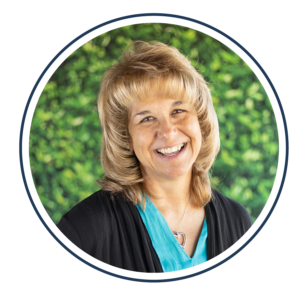
Dr. Jeanette Westfall
Recently back from a trip to lead learning at the Global Smart Conference in Beijing, Jeanette Westfall’s passion for learning any place and any time is only growing after her recent retirement from her role as the Assistant Superintendent for Instructional Design in Liberty Public Schools in Missouri.
Find out more about Jeanette and check out Learner Agency – A Field Guide For Taking Flight, the book she and her coauthors, Ashley Duvall, and Kara Vandas, wrote to map out their journey to learner agency.

This month we celebrate and honor the impact of the Hispanic community as well as the power of intergenerational relationships. Click on the links below to access lists of children’s books that can be used to support classroom discussions or as a starting place for tasks and projects:
Intergeneration Month (September)
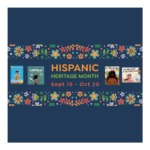
Hispanic Heritage Month (Sep 15-Oct 15)

Sep 19—20
Palm Springs, CA
Excellence Through Equity Conference 2024
Breaking Barriers Takes ALL Of Us
INFO
Oct 10
Springville, UT
Revolutionize Your PLCs with Impact Teams (In partnership with BYU-Public School)
INFO
Oct 27—28
Lake Placid, NY
SANNYS 2024 Annual Conference
Elevate
INFO
Nov 7
Newark, NJ
Focus on Innovation & Technology Forum
Enhancing Latino Student Achievement, Multilingualism, and Shaping the Future of Educational Services and Products
INFO


